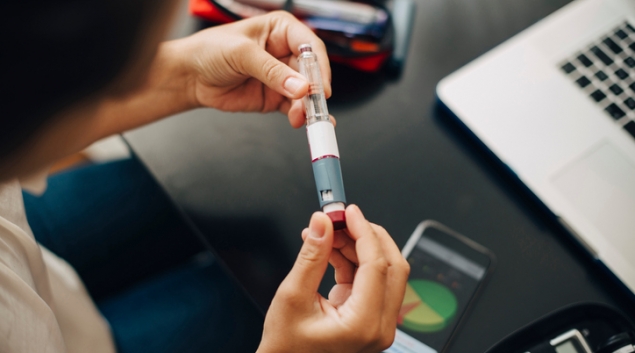
Humana announced this week that they are sending out more than 1 million at-home tests for patients who have put off going to the doctor because of the pandemic.
The tests will be sent primarily to people who need colorectal cancer screening or diabetic condition management. Qualifying members will be able to identify if they have colon cancer at home and get tailored diabetes management assistance, according to Humana.
The tests will be available at no charge for Medicare Advantage members who are eligible for testing until September 2020.
WHY THIS MATTERS
Humana, which primarily covers older adults, created this program to increase access to routine screenings that many members have put off during the pandemic, the company said.
Among adults, the risk for severe illness increases with age, according to the CDC. In fact, eight out of 10 COVID-19 related deaths in the U.S. have been among adults aged 65 and older.
As a result of the increased risk, the CDC recommends that seniors limit their interactions with others as much as possible.
THE LARGER TREND
In May, Humana made another initiative to help its members during the pandemic: It eliminated out-of-pocket costs for in-network office visits and sent safety kits that included masks to members.
The U.S. Department of Health and Human Services also recognizes the need to support older adults at this time. Earlier this year, the Families First Coronavirus Response Act was signed into law to help communities provide meals for seniors.
Anthem has also made an effort to provide relief to its members during the pandemic. Back in June, the health plan sent out a one-month premium credit ranging from 10% to 15% to qualifying members. It also waived cost-sharing for COVID-19 related treatment until the end of the year and for telehealth services until September 30, 2020.
ON THE RECORD
“Because of the pandemic, many of our members – who are primarily seniors – have not been comfortable leaving their homes for routine healthcare,” said Dr. William Shrank, chief medical officer at Humana, in a statement. “Now more than ever, proactive, preventive care can be lifesaving and life-changing for our members. Many interactions with healthcare providers can be conducted virtually, and we encourage telehealth whenever possible. However, patients and doctors should work together to determine when in-person visits are needed, and we are taking every precaution to make sure those visits are safe and that our members have confidence to make the best decisions for their health. During these complex times, patients should not be distancing themselves from their doctors.”
Twitter: @HackettMallory
Email the writer: mhackett@himss.org
